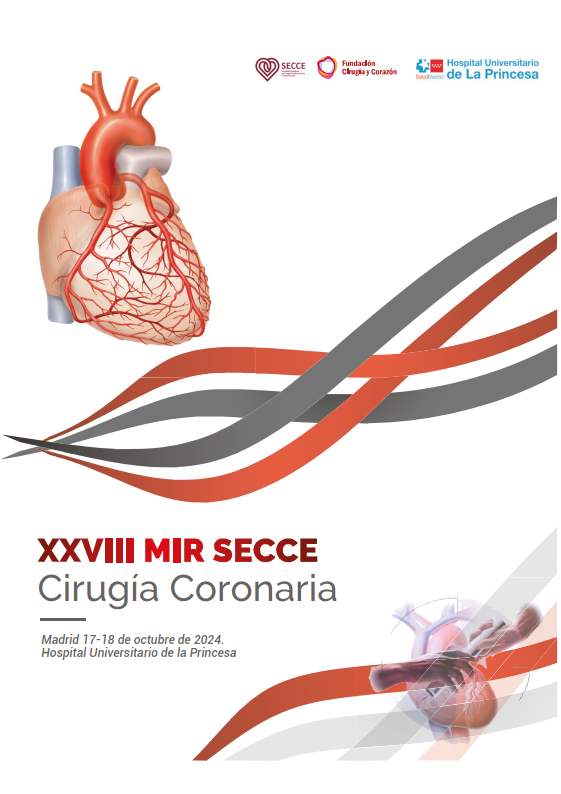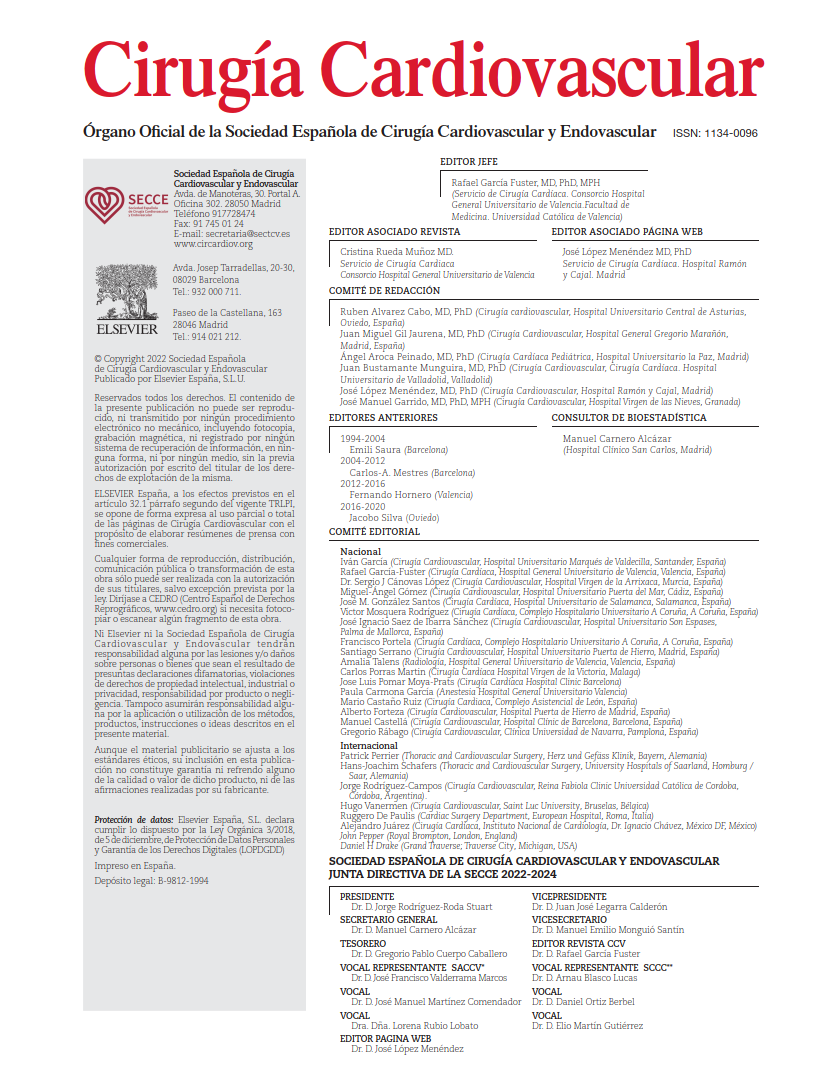Tricuspid regurgitation (TR) represents a significant clinical challenge due to its high prevalence, particularly among elderly populations, and its association with increased morbidity and mortality. Despite clinical guidelines recommending surgical intervention for patients with severe symptomatic TR, a large percentage continues to be managed conservatively, primarily due to the high postoperative mortality risk and uncertainty about the long-term benefits of surgical correction in advanced stages of systemic congestion.
An analysis based on data from the international, multicenter TRIGISTRY registry included 1,768 patients with isolated severe functional TR from 33 centers across 10 countries. Of these, 69% received conservative management, while 31% underwent isolated tricuspid valve surgery, with 36% undergoing valve repair and 64% undergoing valve replacement.
Patients were stratified using the TRI-SCORE system into three categories: low (≤ 3 points), intermediate (4–5 points), and high (≥ 6 points). Baseline characteristics and main findings were as follows:
- In the low-risk category (n = 591), 33.8% underwent surgery. This surgical group was significantly younger (64.3 vs. 71.7 years; p < .001) and had a higher proportion of women (70% vs. 59%; p < .001).
- In the intermediate-risk category (n = 557), 27.1% underwent surgery, also showing younger age (70.8 vs. 72.5 years; p = .03) and a higher prevalence of women (66% vs. 53%; p < .0001).
- In the high-risk category (n = 620), 32.9% received surgery, while 67.1% were managed conservatively. No significant differences were found in age (74.1 vs. 75.3 years; p = .22) or proportion of women (61% vs. 59%; p = .39).
There were no significant differences in 10-year survival between patients managed surgically and those treated conservatively in the overall population (41% vs. 36%, HR = 0.971; p = .57). However, stratification by TRI-SCORE revealed significant differences in the benefits of surgical intervention depending on the patient’s baseline risk.
In patients with a low TRI-SCORE (≤ 3 points), surgery was associated with improved survival compared to conservative management (72% vs. 44%, HR = 0.27; p < .001). Importantly, valve repair yielded the best outcomes, achieving a survival rate of 84% (HR = 0.11; p < .001), while valve replacement showed a survival rate of 61% (HR = 0.65; p = .009).
In patients with an intermediate TRI-SCORE (4–5 points), no significant differences were observed in overall survival between surgical and conservative management (36% vs. 37%, HR = 1.17; p = .09). However, valve repair provided a clear benefit, with a survival rate of 59% (HR = 0.49; p < .001), while valve replacement was associated with unfavorable outcomes, with a survival rate of only 25% (HR = 1.43; p < .001).
In patients with a high TRI-SCORE (≥ 6 points), surgery did not show a survival advantage over conservative management (20% vs. 24%, HR = 1.06; p = .45). While valve repair achieved a survival rate of 28% (HR = 0.86; p = .20), valve replacement was associated with significantly worse outcomes, with a survival rate of only 17% (HR = 1.58; p < .001).
COMMENTARY:
Various scoring systems, such as the STS-PROM and EuroSCORE II, aim to predict morbidity and mortality in patients undergoing cardiac surgery. The TRI-SCORE was developed to more accurately stratify risk in patients with severe symptomatic tricuspid regurgitation undergoing valve repair or replacement surgery. While this score can also be applied to patients treated with edge-to-edge transcatheter therapy (as the TRIGISTRY registry included arms for each risk profile with this treatment option), it has found a particularly useful niche in conventional tricuspid valve surgery, where it demonstrates its effectiveness.
In the present study, patients with a low TRI-SCORE (≤ 3 points) demonstrated significant benefits from surgery, including notably higher survival rates compared to conservative management. This highlights the importance of early surgical intervention, before the onset of significant right ventricular failure and secondary organ dysfunction. In contrast, patients with a high TRI-SCORE (≥ 6 points), who often present with advanced disease and irreversible organ damage, did not benefit from surgical intervention. These findings align with existing literature, which emphasizes that advanced-stage TR is associated with poor outcomes due to irreversible damage caused by prolonged congestion and hepatic fibrosis.
In intermediate-risk patients, valve repair improved survival, while valve replacement did not. This distinction is crucial for guiding clinical decisions, as repair is associated with better outcomes in this group. The preservation of native valve function and avoidance of complications related to prosthetic valve implantation likely contributed to the observed benefits of repair over replacement. Finally, transcatheter tricuspid valve interventions have emerged in recent years as a promising alternative, especially for intermediate-risk patients or those ineligible for surgery. Although these techniques could reduce procedural risks and improve outcomes in the intermediate-risk group, their utility in high-risk patients remains uncertain and will require further evidence from future studies.
In conclusion, this study emphasizes the importance of early intervention in patients with severe TR, particularly those classified with a low TRI-SCORE. In intermediate-risk patients, valve repair provides significant survival advantages, while valve replacement may carry additional risks. These findings underscore the need for individualized surgical strategies and suggest that transcatheter interventions could improve outcomes in high-risk patients, although further studies are required to confirm their efficacy.
REFERENCE:
Dreyfus J, Juarez-Casso F, Sala A, Carnero-Alcazar M, Eixerés-Esteve A, Bohbot Y, et al. Benefit of isolated surgical valve repair or replacement for functional tricuspid regurgitation and long-term outcomes stratified by the TRI-SCORE. Eur Heart J. 2024 Nov 8;45(42):4512-4522. doi: 10.1093/eurheartj/ehae578.



